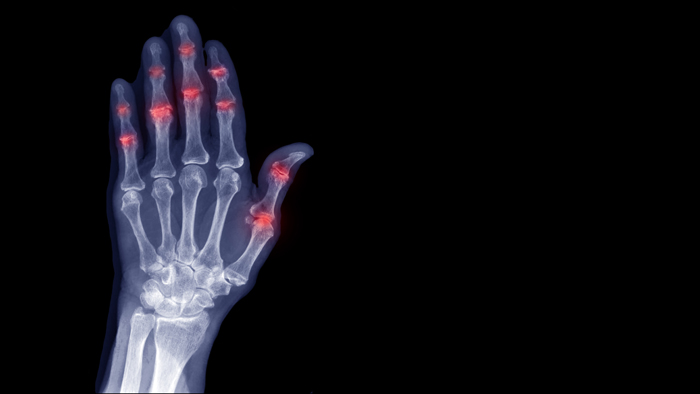Hand Joint Replacement Surgery in MRC Nagar, Chennai
Overview of Hand (Small) Joint Replacement Surgery
In hand (small) joint replacement surgery, doctors remove the damaged structures of the joints and replace them with new parts. There are a lot of symptoms like pain and difficulty in movement. If you think you need a small joint replacement, you may consider consulting an orthopedic surgeon near you.
What is Hand (Small) Joint Replacement Surgery?
In hand joint replacement surgery, the doctor will remove the damaged articular cartilage. The surgeon replaces it with new parts made of metal, plastic, and other carbon-coated parts.
The procedure restores finger joints, knuckle joints, and wrist joints. Some implants can be soft and flexible, but some are tight and stiff. The surgeon places them in regions where one does not need motion.

Who Qualifies for Hand (Small) Joint Replacement Surgery?
If you work in a job that is pretty demanding physically, hand (small) joint replacement may not be a suitable option for you. In some cases, joint fusion may prove to be a better choice because it can provide stability and relieve pain. The only problem with it is that the joint will no longer bend.
What Is the Need for Hand (Small) Joint Replacement Surgery?
A few reasons for which you may need hand joint surgery in the hands are as follows:
- The articular cartilage is the smooth surface at the end of the bones. When there is damage or injury in that cartilage, you may need a joint replacement.
- Another reason for small joint replacement can be an abnormality in the joint fluid. The joints become stiff and painful, giving rise to arthritis.
- Disruption in daily activities because of difficulty in moving your hands properly.
- You can consult an orthopedic surgeon near you if you want to improve the appearance and alignment of your joints.
Request an appointment at Apollo Spectra Hospitals, MRC Nagar, Chennai
Call 1860 500 2244 to book an appointment
Types of Hand (Small) Joint Replacement Surgery
- The doctor can place implants in the wrist, fingers, and knuckles. When arthritis affects the wrists, it can disrupt actions like lifting and grasping. You can also experience swelling, stiffness, and pain.
- Doctors can also place replacements at the knuckle joints (also called MP). You may notice swelling or bumps at the end of your fingers. These bumps can be extremely painful.
- Surgeons cannot place implants in the thumb as lateral forces do not allow for longevity. But you can get replacements for the base of the thumb if you experience swelling and deformity. So it is better to get joint fusion here.
- You can get a total elbow replacement as well.
What are the Benefits of Hand (Small) Joint Replacement Surgery?
Hand (small) joint replacement can have a few benefits. They are as follows:
- Relief from pain in the joints
- Improvement in the appearance and alignment of joints
- Restoration proper movement
- Improvement in the overall functioning of joints
What Are Some Risk Factors Associated With Hand (Small) Joint Replacement Surgery?
Hand (small) joint replacement can have a few risk factors. They are:
- Loosening of the implant over time
- Stiffness in joint
- Unresolved pain
- Damage to vessels and nerves in the region of the incision
- Dislocation of the artificial joint
- Infection in the wound
Conclusion
Many surgical options can help relieve pain and movement in the joints. It is best to talk to your orthopedic surgeon about it as they can suggest the best choice for you.
If you decide on getting hand joint replacement surgery, there are certain things that the doctor may ask you to do before and after the procedure. If you follow the instructions thoroughly, you will surely recover smoothly. If you think you might need hand joint replacement surgery, consult an orthopedic doctor in Chennai.
You may have to consult your doctor if you witness sudden pain or stiffness at the site of surgery. Other signs may include reddening of hands and wrists, crookedness, and warmth.
In most cases, doctors do suggest a physical therapist for several months. But every case is different, and it is best to talk to your surgeon about it if you are confused.
The doctor may ask you about your medical history to understand if there are chances of complications. The doctor may ask you to stop taking some medicines for a little while. You also have to look into the type of anesthesia that suits you.
Symptoms
Our Top Specialities
NOTICE BOARD
CONTACT US
CONTACT US
 Book Appointment
Book Appointment


.svg)
.svg)
.svg)
.svg)








